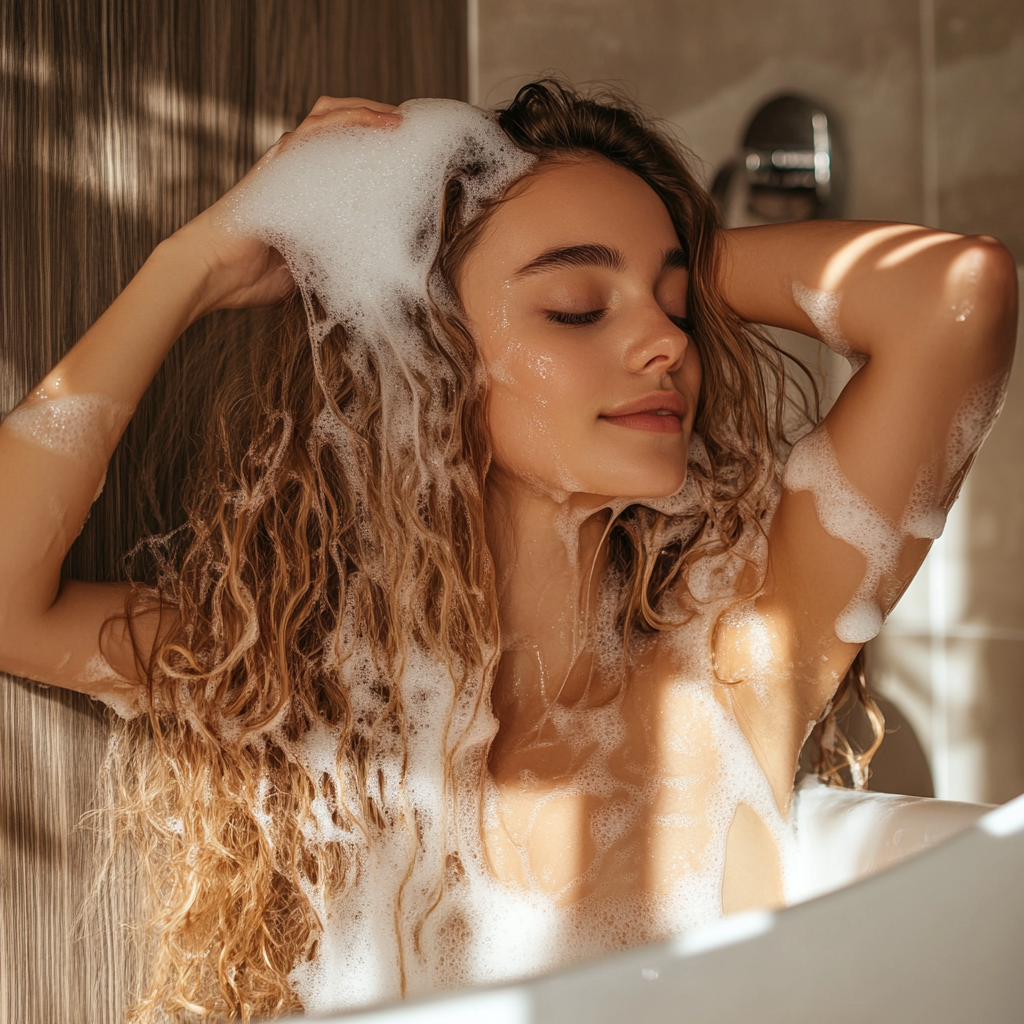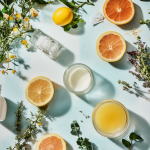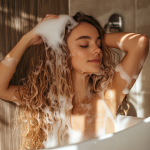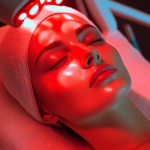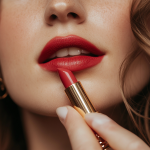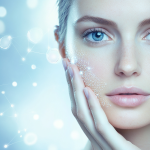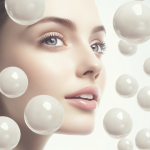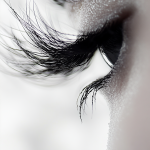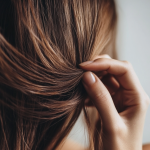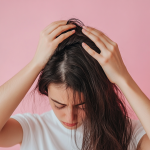Now Reading: The Best Ingredients for Smooth, Hydrated Skin (And What to Avoid!)
-
01
The Best Ingredients for Smooth, Hydrated Skin (And What to Avoid!)
The Best Ingredients for Smooth, Hydrated Skin (And What to Avoid!)

Introduction
Achieving soft, hydrated skin isn’t just about slathering on lotion—it’s about choosing the right ingredients that support the skin barrier while avoiding those that dehydrate or irritate. In this guide, we’ll break down the best skincare ingredients for deep hydration and the ones you should steer clear of if you want healthy, glowing skin.
The Science of Hydrated Skin
Your skin barrier—also known as the stratum corneum—acts as a protective shield, keeping moisture in and environmental aggressors out. When this barrier is compromised, skin loses water, leading to dryness, irritation, and premature aging.
🔬 Key Factors in Hydration:
- Occlusives: Form a barrier to prevent water loss.
- Humectants: Draw moisture into the skin from the air or deeper layers.
- Emollients: Smooth and soften by filling in gaps between skin cells.
Best Ingredients for Deep Hydration
1. Hyaluronic Acid (HA) – The Ultimate Hydrator
✅ What it does: A powerful humectant that attracts up to 1,000x its weight in water, keeping skin plump and hydrated.
✅ Best for: All skin types, especially dry and dehydrated skin.
✅ Find it in: Serums, moisturizers, and sheet masks.
2. Ceramides – Strengthen the Skin Barrier
✅ What they do: Lipids that make up 50% of the skin barrier, helping to lock in moisture and prevent water loss.
✅ Best for: Dry, sensitive, and eczema-prone skin.
✅ Find them in: Creams and moisturizers labeled “barrier repair”.
3. Glycerin – A Must-Have Humectant
✅ What it does: Draws moisture to the skin, just like hyaluronic acid, but more stable and effective in humid environments.
✅ Best for: Hydrating without heaviness, making it ideal for oily or acne-prone skin.
✅ Find it in: Cleansers, toners, and lightweight gels.
4. Squalane – The Lightweight Oil That Mimics Skin’s Natural Lipids
✅ What it does: Non-greasy oil that reinforces the skin’s natural barrier and prevents trans-epidermal water loss (TEWL).
✅ Best for: All skin types, including oily and acne-prone skin.
✅ Find it in: Oils, serums, and face creams.
5. Panthenol (Vitamin B5) – The Soothing Moisturizer
✅ What it does: Attracts water and boosts the skin’s ability to heal, making it excellent for damaged skin.
✅ Best for: Sensitive, inflamed, or compromised skin.
✅ Find it in: After-sun care, moisturizers, and soothing treatments.
6. Melatonin – The Overnight Skin Rejuvenator
✅ What it does: Acts as an antioxidant to combat oxidative stress and support overnight skin repair.
✅ Best for: Nighttime hydration and anti-aging benefits.
✅ Find it in: Night creams and serums.
7. Aloe Vera – The Natural Soother
✅ What it does: Instantly calms and hydrates skin while reducing redness and inflammation.
✅ Best for: Sunburned, irritated, or sensitive skin.
✅ Find it in: Gels, sprays, and lightweight lotions.
Ingredients That Dehydrate or Irritate Skin (Avoid These!)
🚫 1. Alcohol (Denatured & SD Alcohol 40)
- Why avoid? Strips natural oils, leading to dryness and irritation.
- Found in: Toners, astringents, and some setting sprays.
🚫 2. Fragrance & Essential Oils
- Why avoid? While they smell nice, they can cause redness, irritation, and allergic reactions.
- Found in: Perfumed lotions, serums, and face mists.
🚫 3. Sulfates (Sodium Lauryl Sulfate – SLS)
- Why avoid? Harsh surfactants that strip moisture, leaving skin tight and dry.
- Found in: Foaming cleansers, body washes, and shampoos.
🚫 4. Synthetic Dyes
- Why avoid? Can trigger inflammation and sensitivity, especially for those with eczema or rosacea.
- Found in: Colored lotions and cosmetics.
🚫 5. High Concentrations of Exfoliating Acids
- Why avoid? Overuse can compromise the skin barrier, leading to irritation and dehydration.
- Found in: Some chemical peels, toners, and acne treatments.
How to Build the Perfect Hydration Routine
Morning Routine (Protect & Hydrate)
☀️ Step 1: Gentle, non-stripping cleanser (avoid sulfates).
☀️ Step 2: Hydrating toner with glycerin or hyaluronic acid.
☀️ Step 3: Lightweight serum with niacinamide & hyaluronic acid.
☀️ Step 4: Barrier-strengthening moisturizer with ceramides.
☀️ Step 5: SPF 30+ sunscreen (hydrating formula with antioxidants).
Night Routine (Repair & Restore)
🌙 Step 1: Oil-based or gentle cleanser (to remove makeup & pollution).
🌙 Step 2: Hydrating essence or toner (avoid alcohol-based ones).
🌙 Step 3: Treatment serum (melatonin or peptides for overnight repair).
🌙 Step 4: Moisturizer with ceramides, panthenol, or squalane.
🌙 Step 5: Overnight mask (for extra hydration boost).
Final Thoughts: Hydration is More Than Just Moisturizer
Hydrated skin isn’t just about slathering on a thick cream—it’s about using the right combination of humectants, emollients, and occlusives to keep skin soft and glowing. Prioritizing ingredients like ceramides, hyaluronic acid, and squalane while avoiding drying alcohols and synthetic irritants will help you achieve lasting hydration.
✔ Hydration heroes: Hyaluronic acid, ceramides, glycerin, squalane, and melatonin.
✔ Irritants to avoid: Alcohol, sulfates, fragrance, and synthetic dyes.
✔ Consistency is key—a well-rounded routine will strengthen your skin barrier over time.














